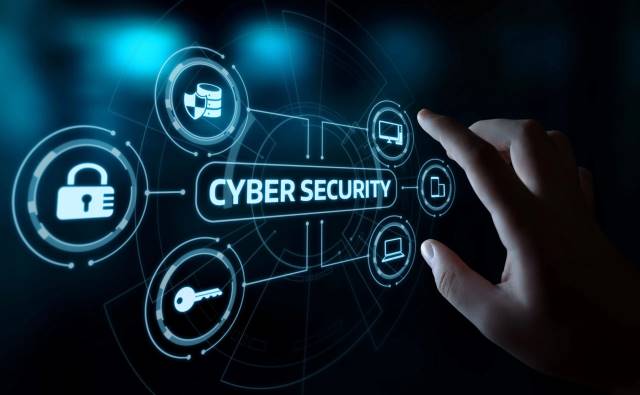Don’t Be a Cyber Victim: Elevate Your Online Security with Cyber Hygiene

In today’s interconnected world, where our lives are increasingly intertwined with the digital realm, cyber hygiene has become an essential practice for safeguarding our personal information and online security. With the growing sophistication of cyber threats, it is crucial to adopt a proactive approach to protecting ourselves from cyber tricksters and criminals.
Understanding Cyber Hygiene: The Basics
Cyber hygiene refers to the practices and precautions individuals and organizations take to maintain system health, protect sensitive data, and prevent cyberattacks. It encompasses a range of measures, from creating strong passwords and updating software regularly to avoiding suspicious links and exercising caution when sharing personal information online.
Importance of Cyber Hygiene: Why It Matters
Cyber hygiene is vital for several reasons:
Protects Personal Information: Cyber hygiene practices help safeguard sensitive data, such as financial information, personal documents, and online credentials, from unauthorized access and exploitation.
Reduces Cyberattack Risk: By implementing robust cyber hygiene measures, individuals and organizations can significantly reduce the likelihood of falling prey to cyberattacks, such as phishing scams, malware infections, and data breaches.
Maintains System Health: Proper cyber hygiene practices help keep computer systems and networks healthy and functioning optimally, preventing performance issues and potential breakdowns.
Common Cyber Threats: What to Watch Out For
Cyber tricksters and criminals employ various tactics to exploit vulnerabilities and gain access to sensitive information or disrupt operations. Some common cyber threats include:
Phishing: Phishing emails or websites attempt to trick individuals into revealing personal information or clicking on malicious links that can lead to malware infections or data breaches.
Malware: Malware refers to malicious software designed to harm or disrupt computer systems. It can be spread through various means, including email attachments, infected websites, and suspicious downloads.
Social Engineering: Social engineering tactics involve manipulating individuals into divulging sensitive information or taking actions that compromise their security.
Cyber Hygiene Practices: Protecting Yourself Online
To effectively protect yourself from cyber threats, adopt these essential cyber hygiene practices:
Create Strong Passwords: Use strong, unique passwords for all online accounts, avoiding easily guessable combinations and personal information.
Update Software Regularly: Keep your operating system, software applications, and web browsers updated to the latest versions to patch security vulnerabilities.
Be Cautious of Links and Attachments: Avoid clicking on suspicious links or opening unexpected attachments, as they may lead to malware infections or phishing attempts.
Enable Two-Factor Authentication (2FA): Utilize 2FA whenever possible, adding an extra layer of security to your online accounts.
Protect Your Devices: Install security software on your devices, including antivirus, anti-malware, and firewall protection.
Be Mindful of Online Sharing: Limit sharing personal information on social media and public platforms, and be cautious when connecting with strangers online.
Stay Informed: Keep yourself updated on the latest cyber threats and trends to stay ahead of potential attacks.
Industry Expert Insights: Learning from the Experts
Cybersecurity experts emphasize the importance of cyber hygiene in today’s digital landscape:
“Cyber hygiene is not just about protecting against sophisticated attacks; it’s also about building a foundation of good security habits that can prevent a lot of common problems,” says cybersecurity expert Kevin Mitnick.
“Cyber hygiene is like personal hygiene – it’s not something you do once and then forget about. It’s a continuous process of making sure your devices and your online accounts are secure,” stresses cybersecurity consultant Lisa Vaas.
Cyber hygiene is not just a technical matter; it’s a mindset that prioritizes online safety and empowers individuals to take control of their digital security. By adopting these essential practices, individuals and organizations can significantly reduce their vulnerability to cyber threats and protect their sensitive information from cyber tricksters and criminals. Remember, cyber hygiene is an ongoing process, not a one-time event. Stay vigilant, stay informed, and stay safe in the ever-evolving digital world.




